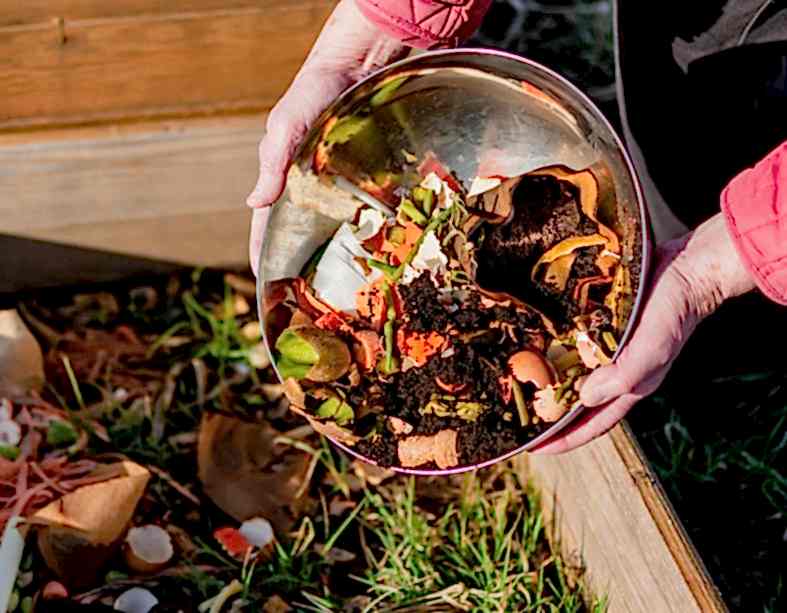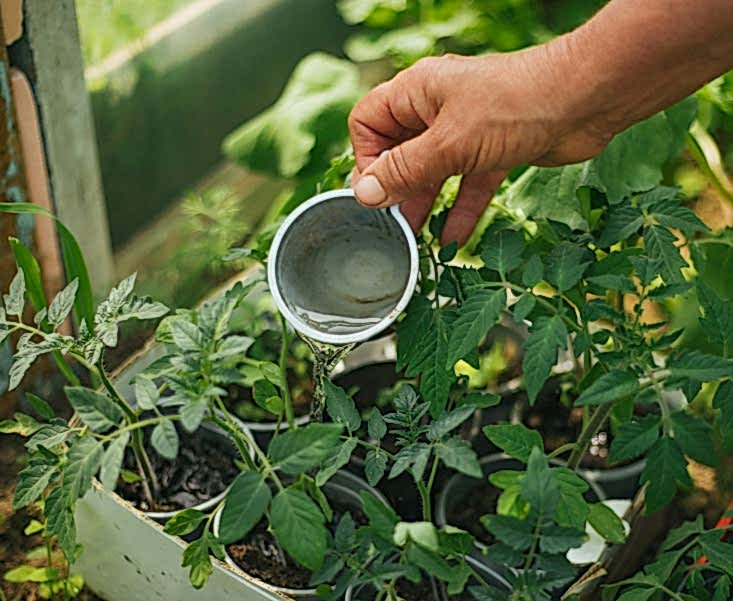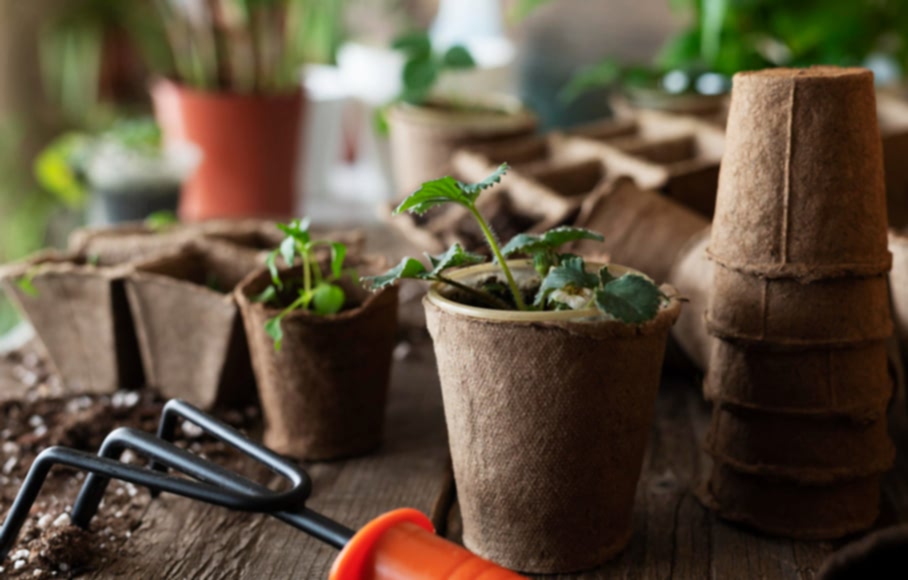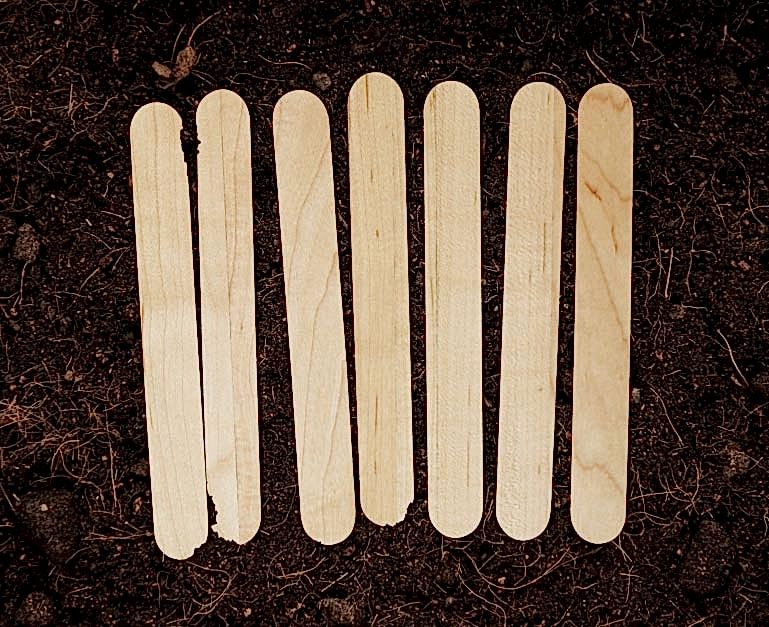
Creating a garden isn’t just about growing beautiful plants-it’s an opportunity to nurture the environment. With a few simple tweaks to your routine, you can reduce waste, conserve water, and adopt sustainable gardening practices that benefit both your outdoor space and the planet. Whether you’re a seasoned gardener or just starting out, these eco-friendly hacks will help you create a greener, more resourceful garden.
Let’s dive into some practical tips to make your garden a sustainable oasis.
1. Composting: Turning Waste into Gold ♻️🍂


Composting is one of the easiest and most effective ways to reduce waste while improving soil health. Instead of tossing kitchen scraps and garden clippings, turn them into nutrient-rich compost to nourish your plants.
What to Compost: Vegetable peels, fruit scraps, coffee grounds, eggshells, and yard waste like leaves and grass clippings.
What to Avoid: Meat, dairy, oily foods, and diseased plant material.
How to Start: Choose a sunny spot in your garden for a compost bin or pile. Add a mix of “greens” (like fresh kitchen scraps) and “browns” (like dried leaves) to create a balanced compost.
💡 Hack: Use a kitchen countertop compost bin to make collecting scraps easy and mess-free.
2. Harvest Rainwater to Reduce Water Waste 🌧️💧

Rainwater harvesting is a simple way to save water and reduce your dependence on municipal supplies. By collecting rainwater, you’ll have a natural, chemical-free water source for your plants.
Set Up a Rain Barrel: Place a barrel under your downspout to capture rainwater from your roof.
Use It Wisely: Rainwater is perfect for watering plants, cleaning tools, or even topping up a pond.
Prevent Waste: Attach a spigot to your rain barrel for easy access and to prevent overflow.
💡 Hack: Cover the barrel with a fine mesh to keep out debris and mosquitoes.
3. Ditch Plastic for Greener Alternatives 🌱🚫


Plastic is a major contributor to waste, and gardens can be surprisingly full of it-think plastic pots, plant labels, and single-use trays. Here are some easy swaps to reduce your garden’s plastic footprint:
Biodegradable Pots: Use pots made from coconut fiber, peat, or compostable materials instead of plastic ones.
DIY Labels: Make plant labels from wooden sticks or repurpose old wine corks.
Reusable Tools: Invest in durable, metal gardening tools that will last for years.
💡 Hack: Repurpose empty glass jars as mini greenhouses for young seedlings.

4. Mulch It Up: Save Water and Control Weeds 🌾
Mulching is an eco-friendly gardener’s best friend. By spreading organic mulch around your plants, you can conserve water, reduce evaporation, and suppress weed growth.
Choose Organic Mulch: Grass clippings, straw, shredded leaves, or bark are excellent options.
Benefits: Mulch helps the soil retain moisture, reduces the need for frequent watering, and breaks down to improve soil quality over time.
💡 Hack: Use cardboard or old newspapers under the mulch layer to create an extra-effective weed barrier.
5. Smart Watering Techniques: Efficiency Is Key 💦

Proper watering techniques can save water and keep your plants healthy. Overwatering not only wastes water but can also harm plants by drowning their roots.
Irrigation: Install an irrigation system to deliver water directly to the plant’s roots, reducing evaporation.
Water Early or Late: Water in the morning or evening to prevent water loss from midday heat.
Reuse Water: Collect water from cooking (like cooled pasta water) or leftover drinking water for your garden.
💡 Hack: Add a layer of mulch around plants to lock in moisture and reduce watering frequency.
6. Natural Pest Control: Protect Your Garden Without Chemicals 🐞🦗
Chemical pesticides can harm beneficial insects and pollinators. Instead, try eco-friendly pest control methods:
Encourage Beneficial Insects: Ladybugs and praying mantises are natural predators that keep pests in check.
DIY Sprays: Use a garlic or neem oil spray to deter pests without harming the environment.
Companion Planting: Plant marigolds, basil, or mint near vegetables to naturally repel insects.
💡 Hack: Install bird feeders to attract birds that eat garden pests like caterpillars and aphids.
7. Reduce Lawn Size: Embrace Diversity 🌸🌿
Lawns are water-hungry and require regular upkeep. Reducing lawn space in favor of garden beds, ground covers, or gravel areas can make your garden eco-friendlier.
Alternative Ground Covers: Try low-maintenance plants like thyme or clover instead of traditional grass.
Create Paths: Use gravel, stepping stones, or wood chips to reduce grassy areas and add character to your garden.
💡 Hack: Replace unused lawn areas with vegetable or herb gardens for a productive use of space.
Why Go Eco-Friendly?
Eco-friendly gardening isn’t just about saving resources-it’s about creating a space that works in harmony with nature. By reducing waste, conserving water, and choosing sustainable practices, you’re contributing to a healthier planet while enjoying the benefits of a thriving garden.
Let Us Help You Green Your Garden 🌿
At The Gardeners, we’re passionate about sustainable gardening. Whether it’s designing an eco-friendly garden, setting up a rainwater harvesting system, or helping you choose native plants, we’re here to make your garden as green as possible. Contact us for expert advice, and don’t forget to explore our blog for more tips and inspiration! 🌱

